Search
The social and emotional wellbeing of Aboriginal children and young people
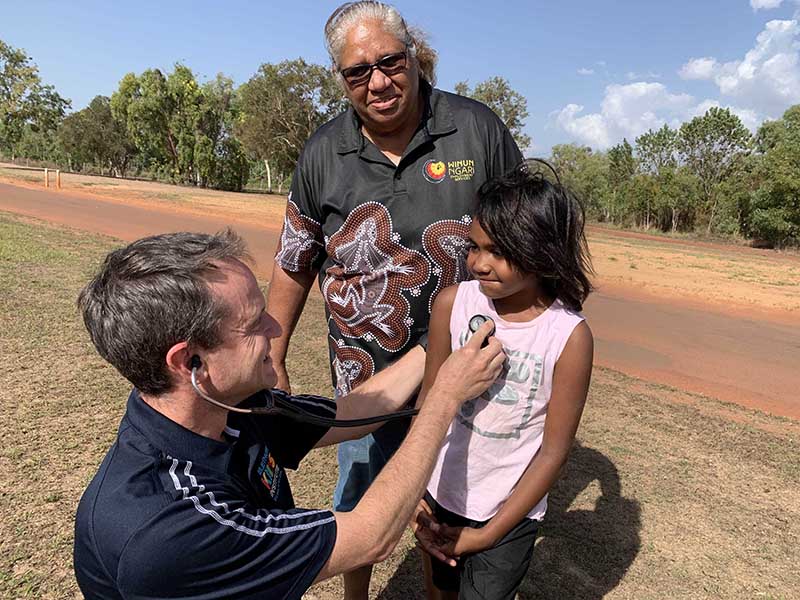
News & Events
Wet cough prevalence among Aboriginal children ‘concerningly high’The Kids Research Institute Australia and Perth Children’s Hospital clinician-researchers have found more than one in ten children across four remote Kimberley communities have protracted bacterial bronchitis.

News & Events
Aboriginal-led survey to better understand the mental health of young Aboriginal LGBTQA+ peopleA project, lead by Aboriginal and Aboriginal LGBTQA+ researchers examining the mental health of young Aboriginal and Torres Strait Islander LGBTQA+ people, is launching a nation-wide survey, to help drive meaningful change for the community.
News & Events
High stress burden takes toll on Aboriginal childrenA landmark new report on the social and emotional wellbeing of Aboriginal children
News & Events
Pain of forced separation affecting a new generationA new report has found that the long term effects of past government policies to forcibly separate Aboriginal children from their families are being felt
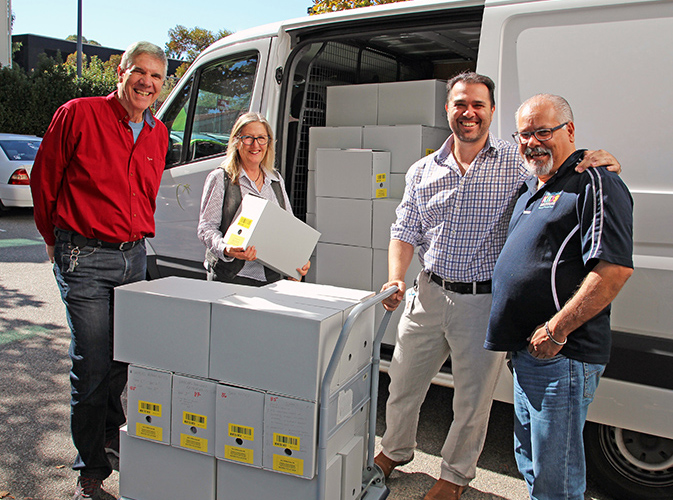
News & Events
WA Aboriginal Child Health Survey preserved for future generationsThe landmark Western Australian Aboriginal Child Health Survey has been placed into archiving at the State Library of Western Australia to be preserved for future generations.
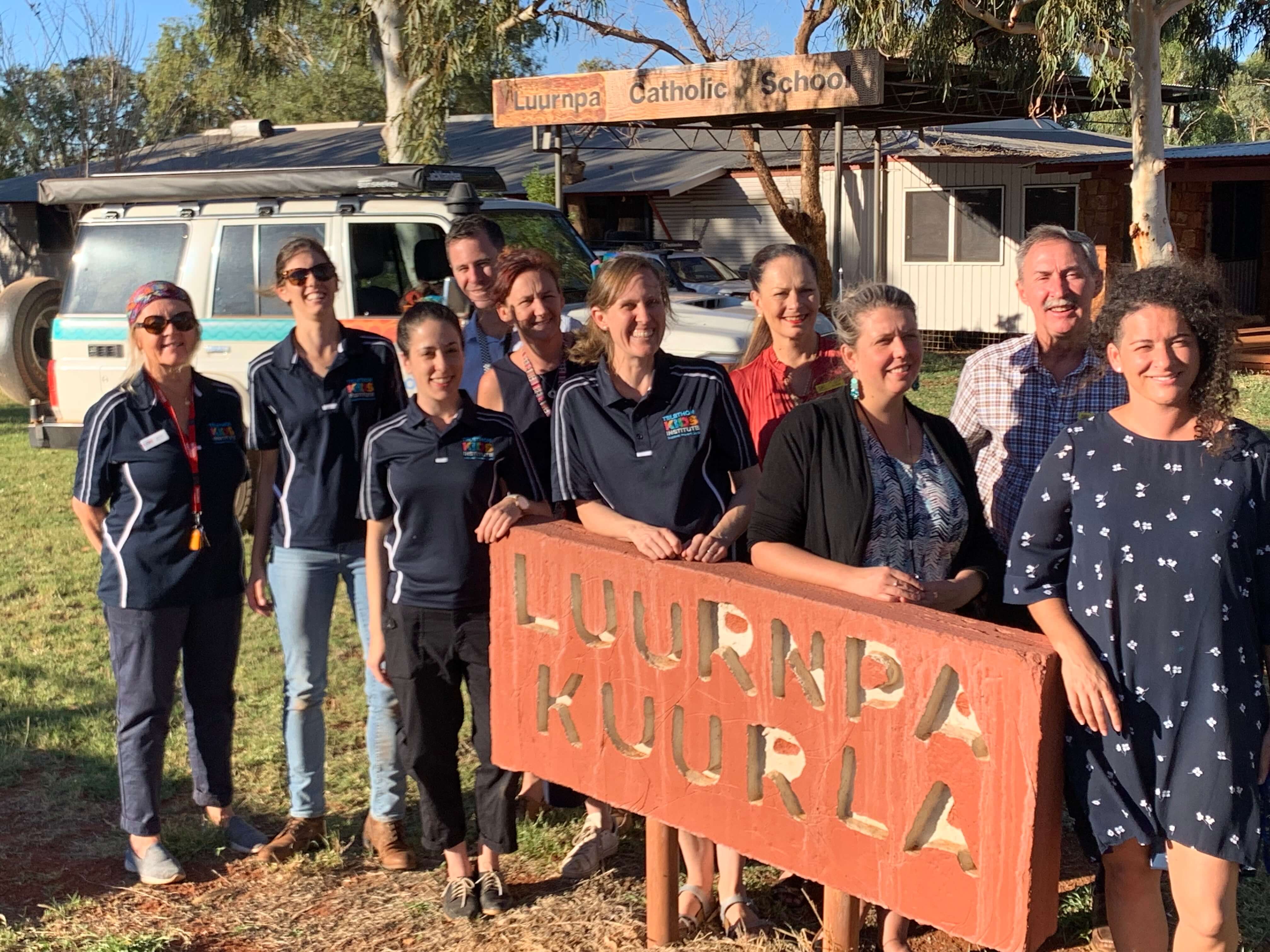
News & Events
First week of school visits mark official launch of the SToP TrialThe The Kids Skin Health team has a busy six weeks ahead - visiting nine communities throughout the Kimberley region of WA as part of the first school surveillance activities for the SToP Trial.
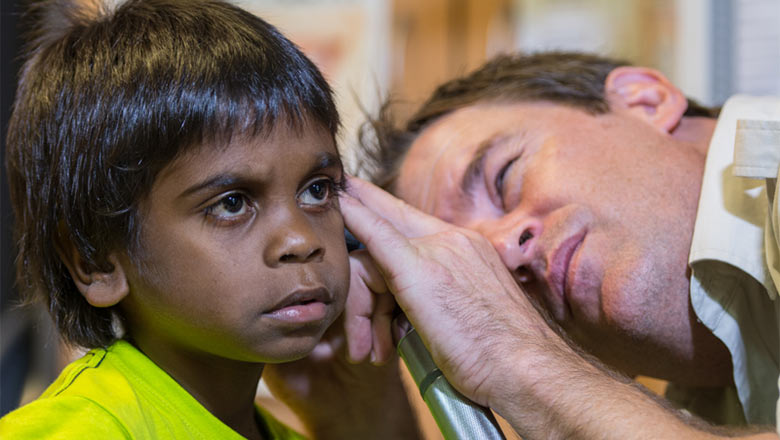
News & Events
National FASD diagnostic tool to improve outcomes for kidsAustralia's first national diagnostic tool for Fetal Alcohol Spectrum Disorder (FASD) has been developed by researchers at The Kids Research Institute Australia and the U
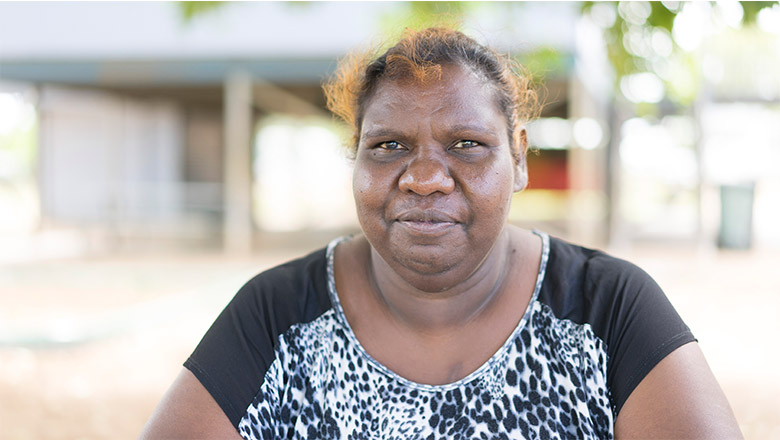
News & Events
New grant to upskill local Aboriginal women as community health researchersAboriginal women in Western Australia's Kimberley region will be become qualified as community health researchers thanks to a grant awarded to The Kids.
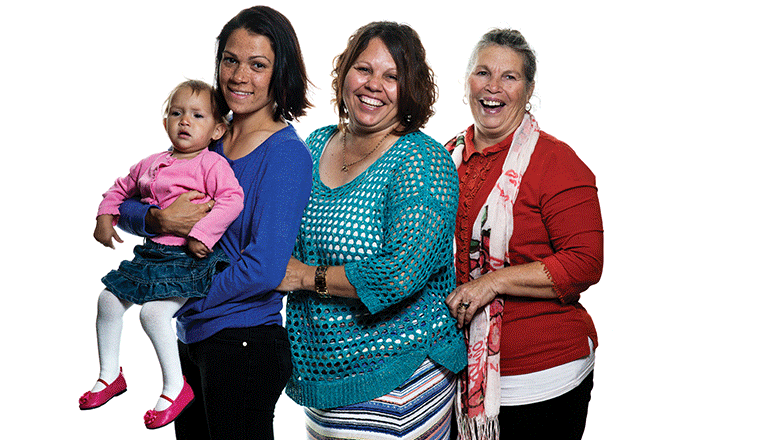
News & Events
Urgent need to reduce preventable deaths in Aboriginal MumsA study by researchers at The Kids Research Institute Australia has found Aboriginal mothers are at a significantly greater risk of preventable death than other Australia
